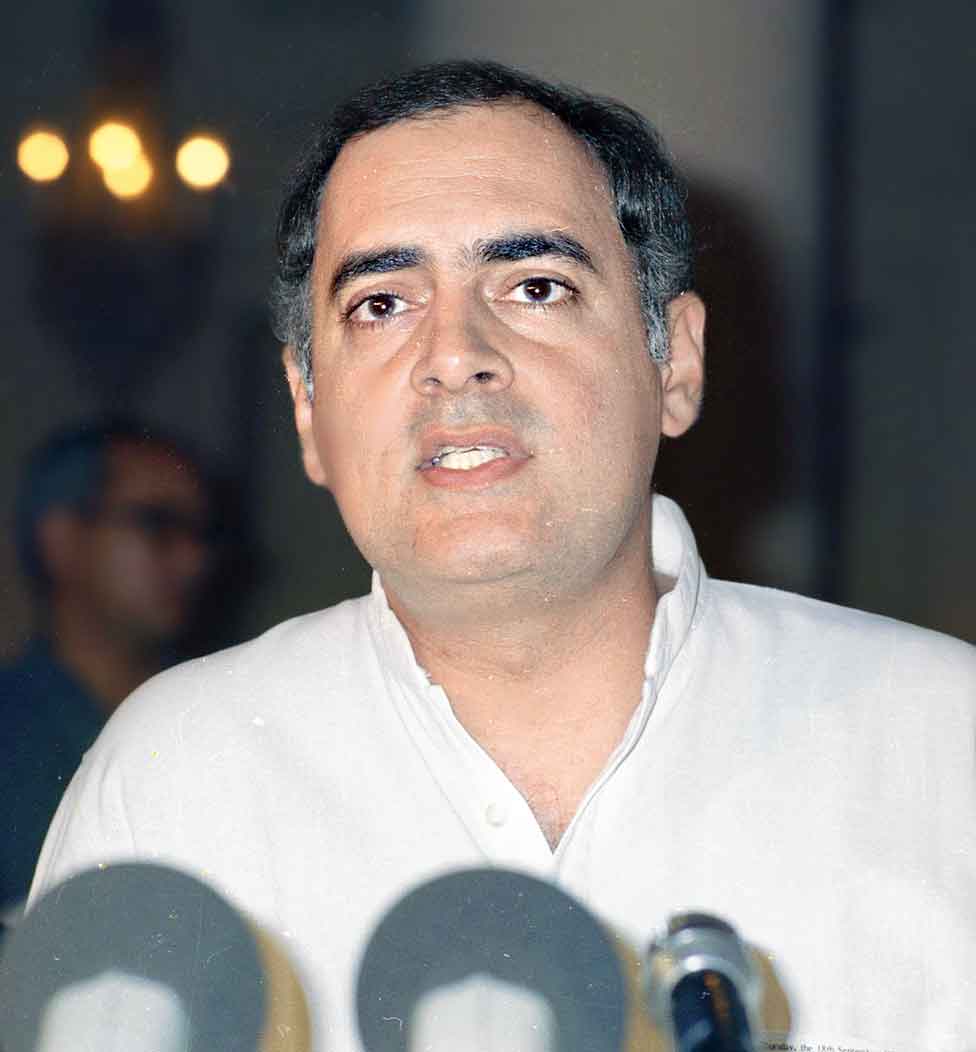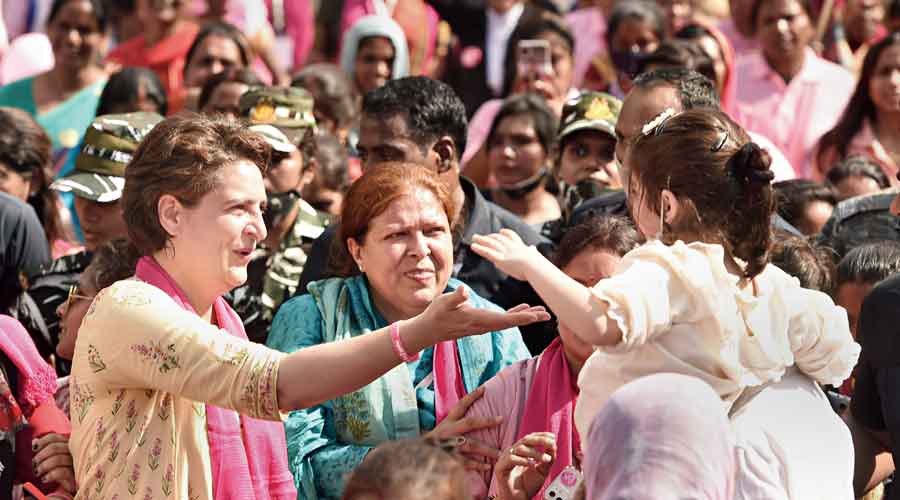The Supreme Court on Wednesday granted bail to Rajiv Gandhi assassination convict A.G. Perarivalan, rejecting the Centre’s argument that the petitioner deserved no further relief since his death sentence had already been commuted to a life term eight years ago.
The court, however, kept on hold its judgment on the larger issue whether the power of remission (release) in the case was vested in the Tamil Nadu governor or the President. Perarivalan, jailed after the 1991 assassination in Tamil Nadu, has sought remission.
Senior advocates Rakesh Dwivedi, representing the Tamil Nadu government, and Gopal Sankaranarayanan, who appeared for Perarivalan, justified the bail plea on the ground that Perarivalan had spent over three decades in prison.
They also cited his conduct in jail and his acquisition of additional educational qualifications from prison.
The bench of Justices L. Nageswara Rao and B.R. Gavai said: “Taking into account the fact that the applicant has spent over 30 years in prison, we are of the considered view that the appellant is entitled to be released on bail in spite of the vehement opposition by the central government.”
It said the trial court would grant bail after imposing conditions. Perarivalan will have to report once every month to the local police station at Jolarpettai, where he is currently on parole.
The apex court took it into consideration that the convict had been released on parole thrice and there had been no adverse remarks against him.
Perarivalan had petitioned the apex court against Madras High Court’s rejection of his plea for remission of sentence.
Additional solicitor-general K.M. Natraj, appearing for the Centre, underlined that the court had yet to decide whether the power of remission vested with the state or central government in the case (the CBI was the investigating agency).
Dwivedi, representing Tamil Nadu, argued that murder and related offences came within the executive domain of the state government, which alone had the power of remission.
Perarivalan’s counsel Sankaranarayanan pleaded that the state government’s 2018 recommendation for remission had been kept pending till now as the Centre kept changing its stance on the issue.
On February 18, 2014, the apex court had commuted the death sentences of Santhan, Murugan and Perarivalan on the ground that their mercy petitions to the President, filed in 2000, were rejected only in 2011 after a long delay. Of the three, only Perarivalan has moved the top court seeking remission.
Earlier, on October 8, 1999, the Supreme Court had upheld the death sentences awarded by an anti-terror Tada court to these three and Nalini in the Rajiv assassination case but commuted to life terms the death sentences of Robert, Jaykumar and Ravi Chandran.
The Tamil Nadu governor rejected the mercy petitions of the four death-row convicts on October 27, 1999. After the four filed further mercy pleas, the governor commuted Nalini’s punishment while rejecting the pleas of the remaining three.











